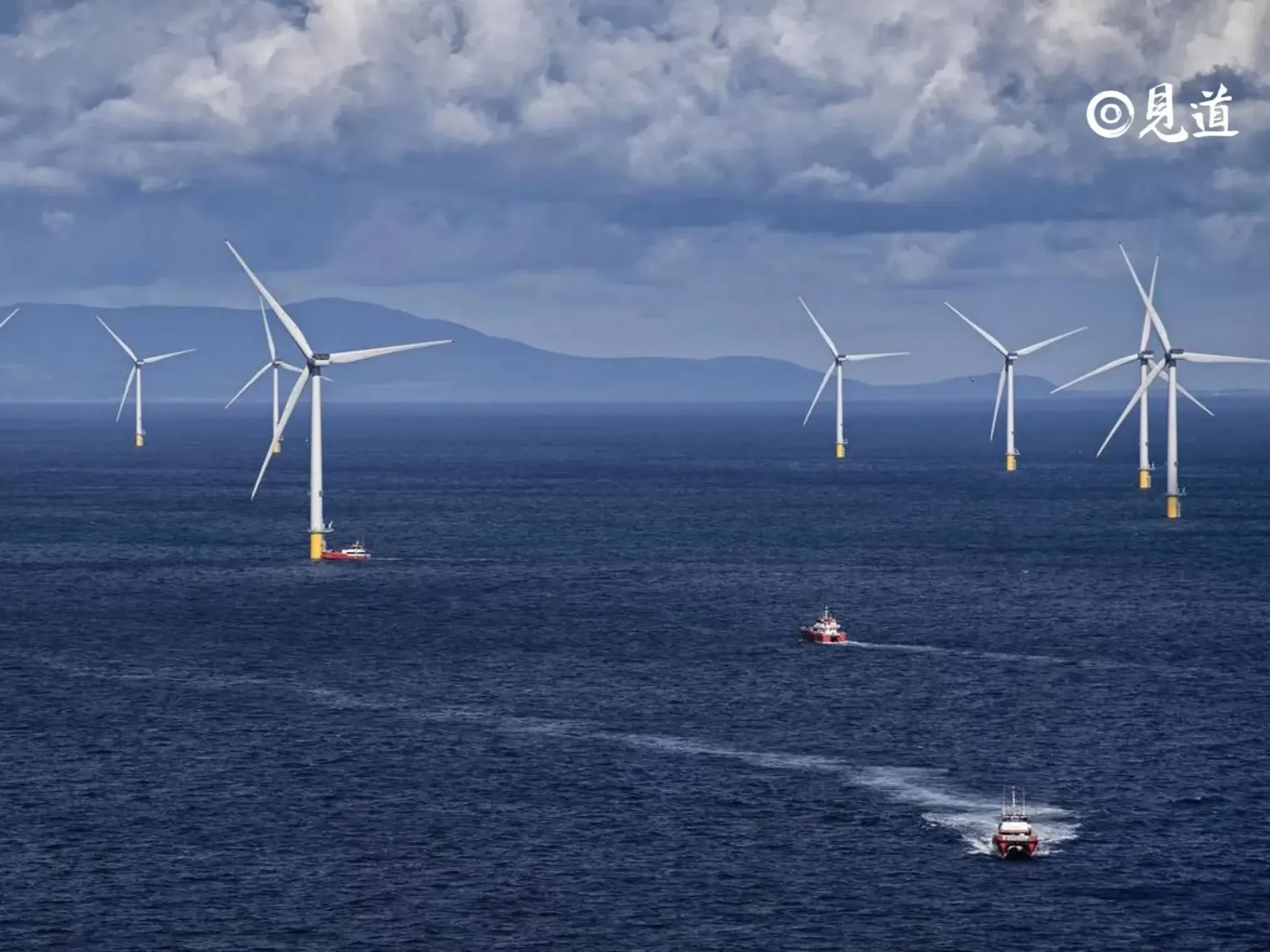- The total planned area of these 19 high-potential zones is 5,000 square kilometers, or 0.46% of Spain's territorial waters

Recently, the Spanish government has actively launched a series of actions to promote the construction and development of offshore wind power infrastructure. To this end, the government has launched a public consultation on the draft Royal Decree on offshore wind infrastructure, a move aimed at further soliciting views and suggestions from all sectors of the community to ensure that policy formulation is scientific and rational.
According to the draft, the Spanish government proposes an innovative bid approval process. This process not only helps to ensure fairness and transparency of the project, but also enables those enterprises with technical strength and market competitiveness to obtain the auction amount of renewable energy, the reservation amount of grid-connected capacity, and the concession of public areas such as sea and land. This has undoubtedly injected new vitality and momentum into the development of offshore wind power in Spain.

In addition, the draft also aims to simplify and optimize administrative procedures to reduce corporate investment and operating costs and improve the economic benefits of projects. By reducing cumbersome approvals and shortening the approval cycle, the Spanish government hopes to create a more relaxed and favorable environment for offshore wind and other renewable energy projects.
It is worth mentioning that the Spanish government has previously approved and published the Marine Space Management Plan (POEM). The plan provides a detailed delineation of the different areas within the seas administered by Spain, specifying their respective uses, including energy production. Under this plan, the government has planned 19 high potential Zones (Zaps) for the installation of offshore wind power facilities. These regions not only have superior natural conditions and technical basis, but also have greater market development potential.
The total planned area of these 19 high-potential zones is 5,000 square kilometers, or 0.46% of Spain's territorial waters. This figure not only reflects the ambition of the Spanish government in the development of offshore wind, but also demonstrates the country's leading position and great potential in the field of renewable energy.
In summary, the Spanish government has provided a strong guarantee for the development of offshore wind infrastructure through public consultation, the establishment of an innovative bid approval process and the optimization of administrative procedures. At the same time, the implementation of the Marine space Management plan and the planning of high potential zones also provide a solid foundation for the development of this field. It is believed that in the near future, Spain's offshore wind industry will usher in a new chapter of prosperity and development. Editor/Xu Shengpeng
Comment
 Praise
Praise
 Collect
Collect
 Comment
Comment
 Search
Search














Write something~